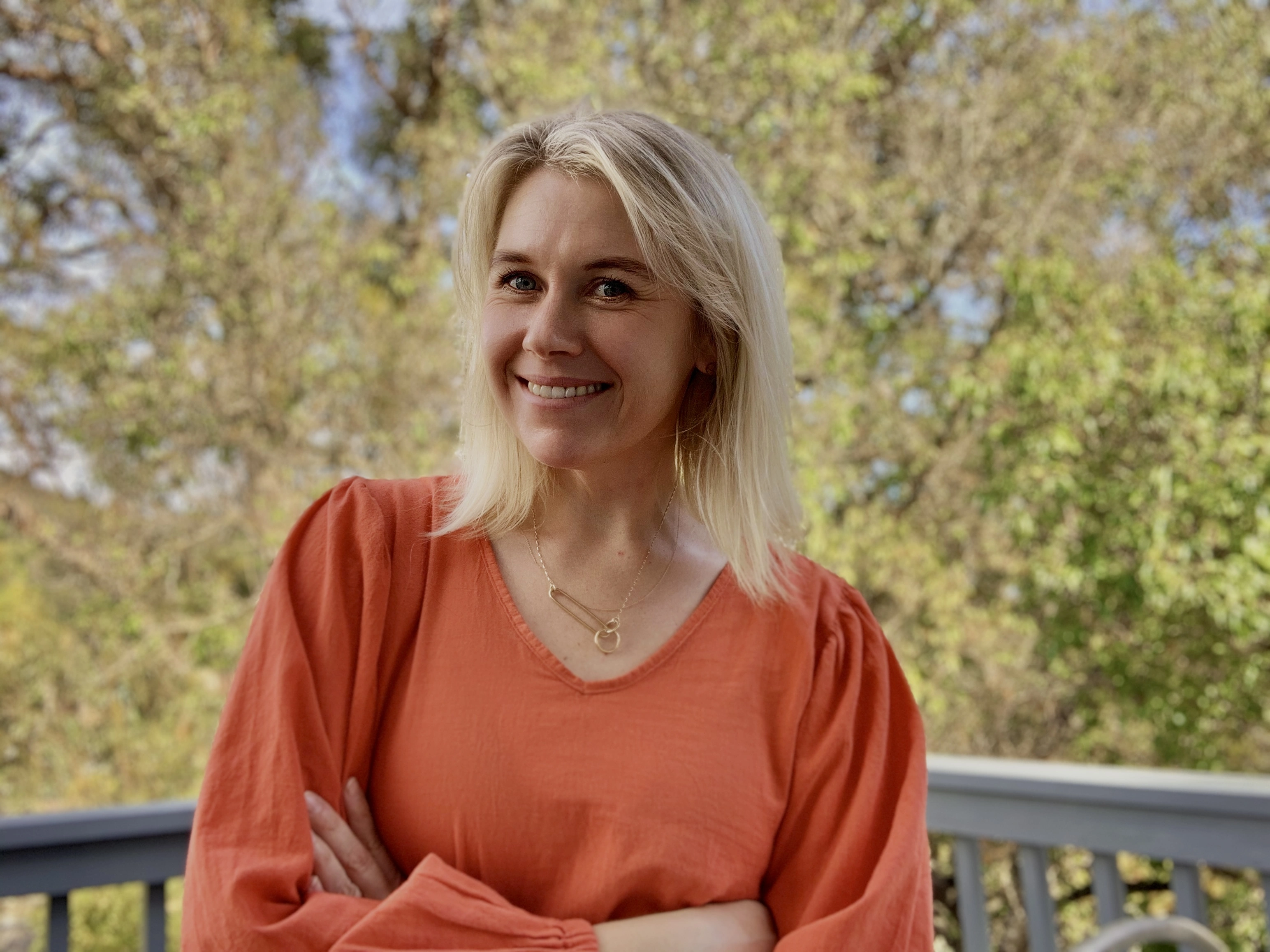About Me

I am a Bay Area native with over a decade of experience supporting the complicated
emotional needs of my clients. My approach to therapy blends evidence based modalities of
CBT and DBT, with an emotion focused and person centered touch.
I will work with you to
create therapeutic goals that support your best self and use a direct, yet personable,
approach to guide you to success. Most of my clients see a symptom reduction in as soon as
three sessions. My specialities include peripartum support, codependency and social-
relational disorders, and self-esteem and self-worth for women and teens 13 and above.
I
offer a free thirty minute in-person or virtual consultation for prospective clients to
determine if we are a therapeutic match.
My clients many times seek help finding how to
set boundaries and make decisions that align with their core values. I help guide you
through the process of building those skills through active session work and how to
follow-through in the days between sessions and beyond.
My fees are $230 for a 50 minute
session, frequency is determined by mutual agreement.
Education and Certifications
- 2003 B.A. in Psychology from the University of California, Santa Cruz
- 2010 Master’s Degree in Counseling Psychology from University of San Francisco
- 2014 Licensed Marriage and Family Therapist #83783 California Board Of Behavioral Sciences
- 2018 Certified in Dialectical Behavioral Therapy
- Therepy Den Profile
-
.webp)
My Writing
- 2021 Doctorate in Human and Organizational Psychology, research on mothers in business
- Why Do I Still Feel Connected to My Ex? (40+ Reasons Why)